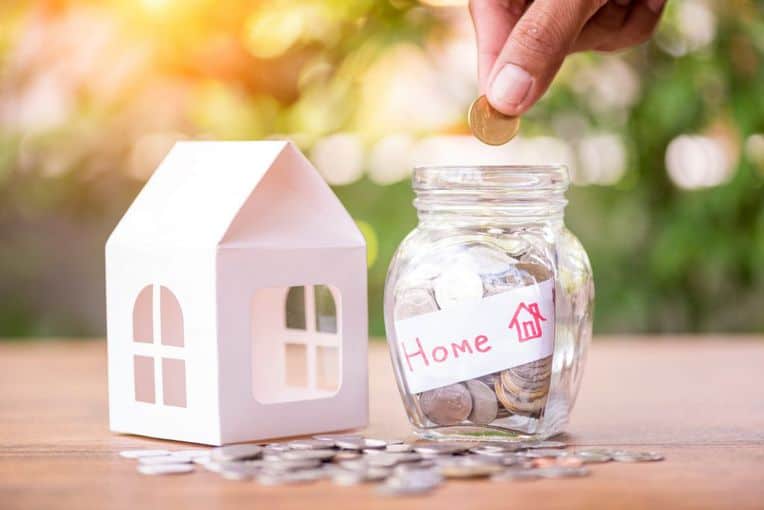When you’re buying a house, most mortgage lenders require you to make at least some type of down payment. And, ideally, you’ll put down 20% of your home’s value so you can avoid private mortgage insurance and qualify for a loan at the best rate.
Since a home is an expensive purchase, even a small down payment can add up to tens of thousands of dollars. It will probably take you some time to save up enough to cover it. And as you’re saving it, you need to decide where to put the money. This decision is an important one because you don’t want to make the wrong choice and put your ability to buy a house in jeopardy.
Where should you put your down payment savings?
While you have multiple options for what to do with your down payment money, the single best choice in almost all situations is to put the money in a high-yield savings account.
A high-yield savings account provides the perfect solution because your money will be in a separate account that’s earmarked for your down payment. That means you’ll be less likely to raid the funds. You’ll earn a better rate than you would with a checking account or most traditional savings accounts, and you’ll be able to take out the money when you need it.
There are a few key reasons why this is your best option.
First and foremost, you’re likely going to be using the down payment savings within a few months or few years to buy a home. No matter how long you hold onto the money, you can’t afford to invest it in the stock market with such a short timeline since you could end up buying in at the wrong time and experiencing a market crash that reduces the value of your funds.
While recoveries inevitably follow crashes, this could take time, and you may not want to put off your home purchase as you wait to get back money you lost in the market. By tying up your money in investments, you take the chance of not being able to access it when you’re ready to become a home buyer. Why put your homeownership dreams at risk?
Other investments that require you to lock up your funds for a period of time, such as bonds or certificates of deposit, may also not be the best choice since you may need your money on a shorter timeline. If the perfect opportunity for a house comes along, you don’t want to be stuck either passing it up as you wait for your bond to mature or incurring a penalty for early withdrawal.
You also don’t want to keep your down payment money in your regular checking account intermingled with your other funds. If you do, that increases the chances you’ll spend it on other immediate priorities, rather than leaving it alone until you’ve found the perfect home. You might end up taking longer to become a homeowner if you spend your down payment fund because it’s too accessible to you.
Take the time to research savings account options to find the one for you, and keep putting your money in regularly so you can build up the down payment you need to buy the home of your dreams.

